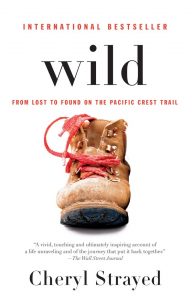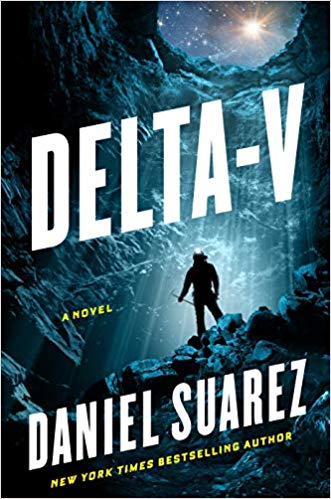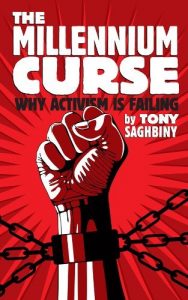After hearing Cheryl Strayed speak last fall, I knew I wanted to read more of her work, and especially her memoir Wild: From Lost to Found on the Pacific Crest Trail. Strayed was one of those speakers who, through her own depth of vulnerable sharing, quickly makes you reflect on how you might live a more authentic version of your own life. I knew that the journey recounted in Wild wasn't the only foundation for her insights and wisdom, but it seemed like a big piece of it, and I was intrigued.
 I hesitated back then because the book spends not just a little time talking about how Strayed experienced and processed her mother's death from cancer; I was in the midst of my mom's final months of life and then processing her death from cancer, and I couldn't really handle reading about those things too. Recently I felt more ready for it, and though it was still hard at times, I'm glad I dove in.
I hesitated back then because the book spends not just a little time talking about how Strayed experienced and processed her mother's death from cancer; I was in the midst of my mom's final months of life and then processing her death from cancer, and I couldn't really handle reading about those things too. Recently I felt more ready for it, and though it was still hard at times, I'm glad I dove in.
Wild is a pure and beautiful telling of a rough and uncertain journey.
I say pure because Strayed has no agenda to pursue, no world view to push, no unifying message to hammer us with; it's just her story in all of its ups and downs, joy and fear, resistance and risk-taking. In some ways, it's just her taking a long walk. On the reason that humans create such experiences for themselves, she writes:
It had only to do with how it felt to be in the wild. With what it was like to walk for miles for no reason other than to witness the accumulation of trees and meadows, mountains and deserts, streams and rocks, rivers and grasses, sunrises and sunsets. The experience was powerful and fundamental. It seemed to me that it had always felt like this to be a human in the wild, and as long as the wild existed it would always feel this way.
I say beautiful because the language and narrative tone are so good at bringing us into the moment and letting us feel along with the author each surprise, disappointment and victory along the way. There is poetry in her descriptions of the landscape, and she makes the sights and sounds of the places she visited and the people she encountered come alive. In her toughest moments we can feel the anxiety, worry or frustration, and when her body is worn down by her gear or her pace, we can feel our own heavy loads just as acutely.
I say rough and uncertain not only because that's Strayed's experience of the Pacific Crest Trail as she hiked it, but because of all the rough edges in her story that are woven in to the larger fabric of this trip. Relationships, friendships, family dynamics, poverty, drug addiction, sexuality, body image, self care, excessive consumerism, rape culture, our experience of the natural world, finding comfort in silence -- these topics and more are all along for the ride and explored well. In the same way that Strayed never quite knew where her campsite would be along the trail each night, we never quite know what such an intense journey of exploration will bring out on a given day, and this brought its own kind of suspense to the story.
But over the miles the roughness is smoothed out and clarity, strength and resolve seep in. We find ourselves rooting for Strayed not only to hit her progress goals on the trail, but also to find what she is looking for inside, and in her life. When we worry about her, it's not just that her hiking boots are wearing out or that a bear might ruin her day, but that she might step away from being true to herself in all the ways she has discovered how to be.
The end result is so satisfying, and it's not hard to see why Wild became a bestselling memoir and then a major motion picture. The feeling of reading it is still with me days after finishing, and I'm grateful to Cheryl Strayed for bringing us along on such a intimately transformative adventure.









